Dental Crowns: Everything You Need to Know
Welcome to our comprehensive guide to dental crowns! Whether you’re considering getting a dental crown or have questions about your existing crowns, this resource aims to provide you with all the information you need to understand this common dental procedure.
History
The first to come up with the idea of a dental crown to restore natural teeth was Charles Land (1847–1922). He was an inventor and a dentist at the same time. He is mainly known as the creator of the first dental crown using thin platinium foils to create then full porcelain and gold dental crowns.
What are dental crowns?
- Dental crowns, also known as caps, are prosthetic devices placed over damaged or decayed teeth to restore their shape, size, strength, and appearance. They are custom-made to fit over the entire tooth, covering it from the gumline to the chewing surface.
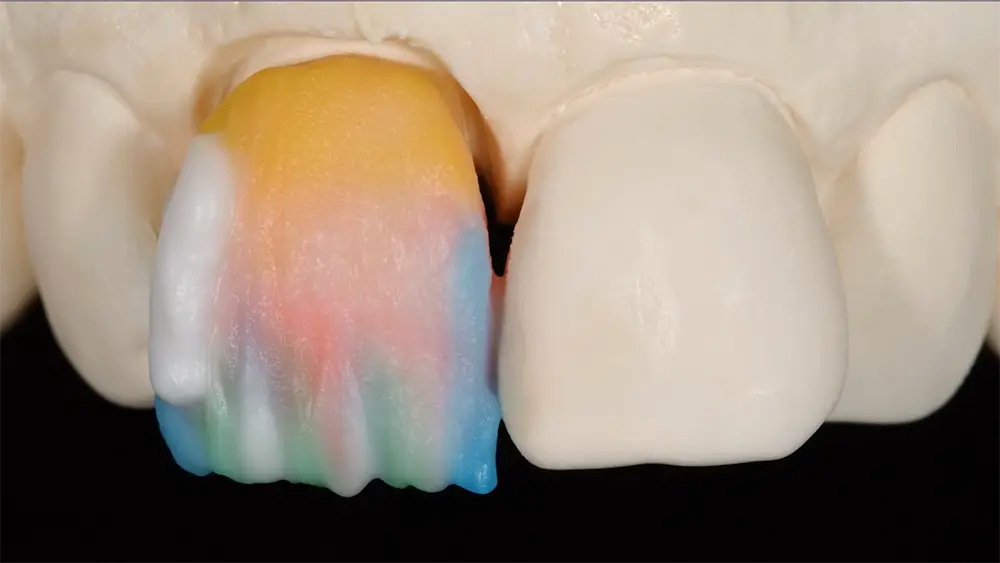
Why might I need a dental crown?
There are several reasons why your dentist might recommend a dental crown:
- To protect a weakened tooth from further damage or fracture.
- To restore a tooth that is broken, cracked, or severely decayed.
- To cover a tooth with a large filling or root canal treatment.
- To improve the appearance of a misshapen or discolored tooth.
- To support a dental bridge or cover a dental implant.
How are dental crowns in Tirana are made?
Dental crowns are typically made from various materials, including porcelain, ceramic, metal alloys, or a combination of materials. Our lab produces all types of dental crowns in Tirana Albania. The process of making a dental crown involves:
- Preparing the tooth by removing any decayed or damaged tissue and reshaping it to accommodate the crown.
- Taking impressions of the prepared tooth and surrounding teeth to create a custom-made crown that matches the size, shape, and color of your natural teeth.
- Fabricating the crown in a dental laboratory using the impressions.
- Bonding the crown to the prepared tooth using dental cement during a subsequent dental appointment.
How long do dental crowns last?
The lifespan of a dental crown depends on several factors, including the material used, oral hygiene practices, and habits such as teeth grinding or chewing on hard objects. On average, dental crowns can last anywhere from 5 to 15 years or more with proper care and maintenance.
Taking care of my dental crowns
While dental crowns do not require any special care beyond regular brushing, flossing, and routine dental visits, it’s essential to avoid habits that can damage or compromise the integrity of the crown. This includes avoiding chewing on hard objects, such as ice or pens, and practicing good oral hygiene to prevent gum disease and decay around the crown margins.
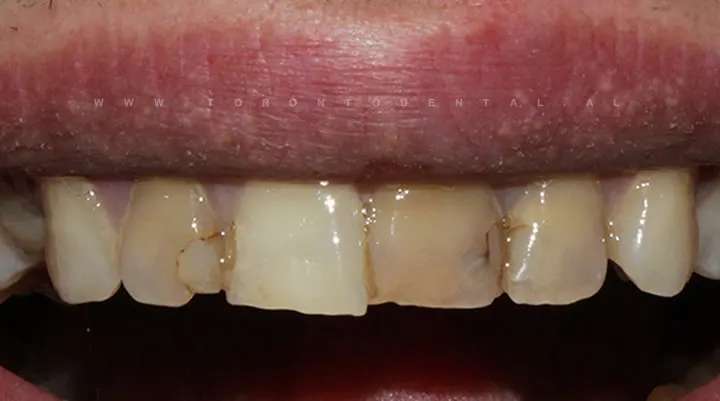
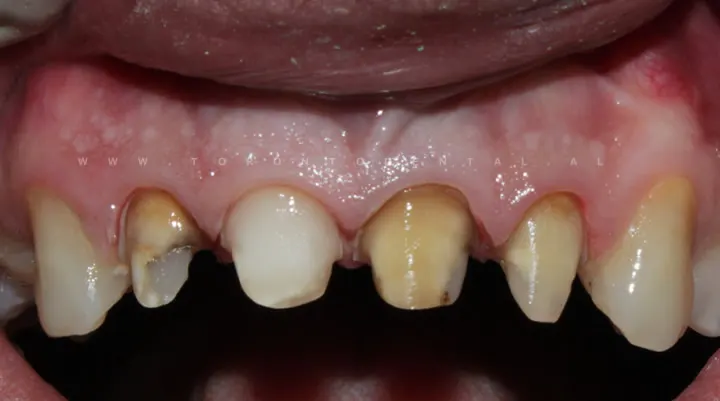
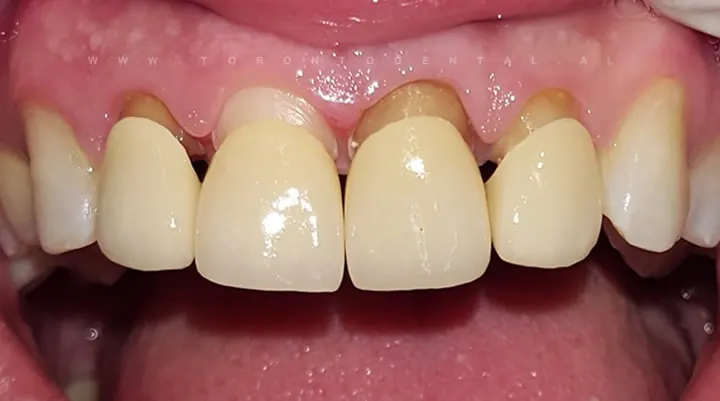
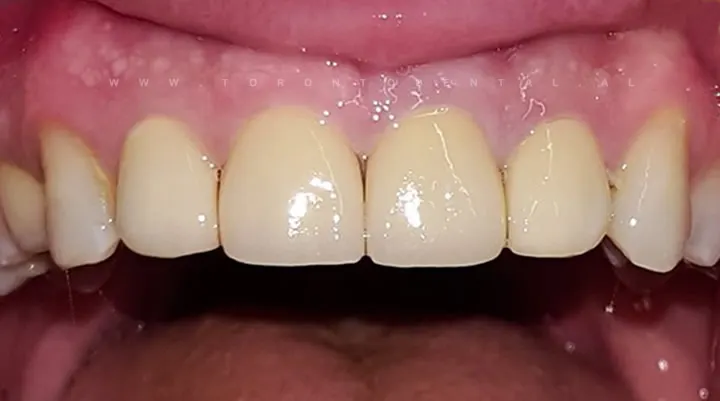
Do dental crowns require special care?
While dental crowns do not require any special care beyond regular brushing, flossing, and routine dental visits, it’s essential to avoid habits that can damage or compromise the integrity of the crown. This includes avoiding chewing on hard objects, such as ice or pens, and practicing good oral hygiene to prevent gum disease and decay around the crown margins.
Are there different types of dental crowns?
Yes, there are several types of dental crowns available, each with its own advantages and considerations:
- Emax crowns: These crowns closely mimic the appearance of natural teeth and are suitable for front teeth or highly visible areas. This material is usually prefered for front teeth since the naturality and aesthetics are superior to any other material
- Zirconia crowns: Similar to porcelain crowns, zirconia crowns are aesthetically pleasing and can be color-matched to your natural teeth. They could be entirely zirconia or layered with different colors of ceramic for a better apparence.
- Metal crowns: Metal crowns, such as those made from gold or silver alloys, are highly durable and are often used for back teeth where strength is essential.
- Porcelain-fused-to-metal crowns: These crowns combine the strength of metal with the natural appearance of porcelain, making them suitable for both front and back teeth. However they lack aesthetics compared to the first two materials
Are dental crowns painful?
The process of getting a dental crown is not typically painful, as your dentist will numb the area with local anesthesia before any work is done. However, you may experience some sensitivity or discomfort after the procedure, which can usually be managed with over-the-counter pain medication and subsides within a few days.
Can dental crowns be replaced?
Yes, dental crowns can be replaced if they become damaged, worn, or dislodged over time. If that is the case a replacement is recommended to avoid decay and more damage to the underlying tooth structure. However it is alwasy recommended that crowns be replaced every 15 years.